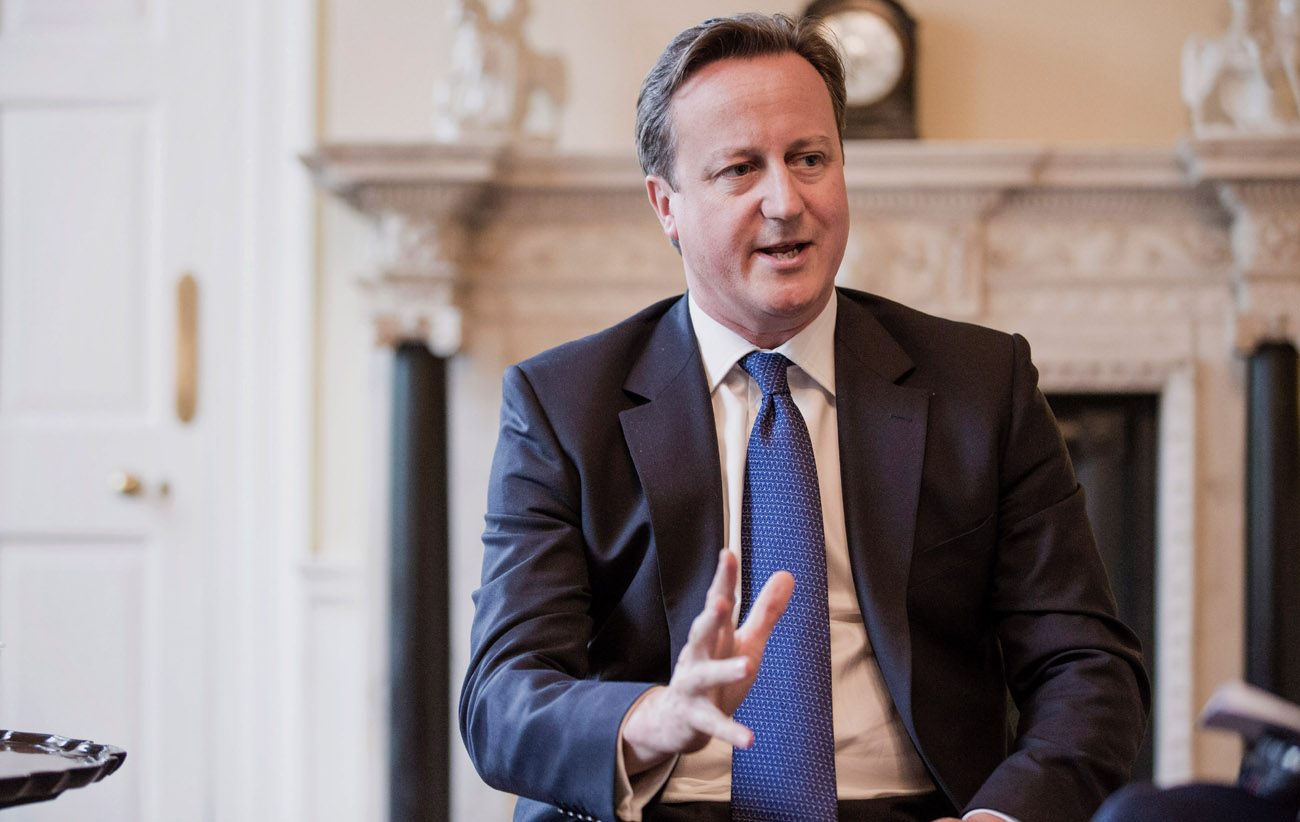British Prime Minister David Cameron's hopes of securing at the G-8 summit next week a major anti-corruption agreement that would force companies to reveal who really owns them is hanging by a thread, amid fierce opposition from both the Russian and Canadian governments, as well as from many members of the U.S. Congress.
The prime minister believes new rules to make company ownership transparent are crucial, and has made it a key goal of U.K. diplomacy as he prepares to chair the gathering of world leaders that begins on June 17. However, The Observer understands that the goal is now in jeopardy, opening up the possibility that there will be no deal endorsed by all parties, a potentially embarrassing result for the United Kingdom as summit chair.
Companies that hide their real owners in inscrutable, anonymous trusts and shell companies in tax havens are responsible for moving hundreds of billions of pounds a year around the world, much of which is plundered from developing countries. Often the trusts are used for tax evasion, to pay kickbacks to corrupt officials, to facilitate organized crime and to fund international terrorism. In 2011, the World Bank analyzed 213 grand corruption cases over the past 20 years. In 150, a trust or shell company was used. Many of the trusts used to disguise ownership are based in British overseas territories, such as the Cayman Islands or the British Virgin Islands.



















With your current subscription plan you can comment on stories. However, before writing your first comment, please create a display name in the Profile section of your subscriber account page.